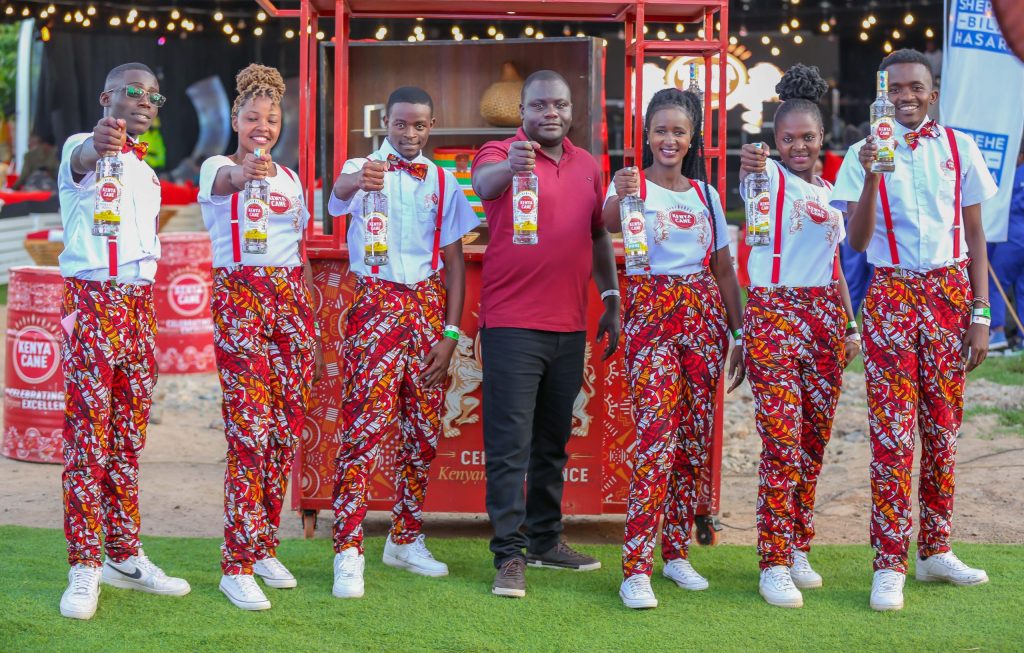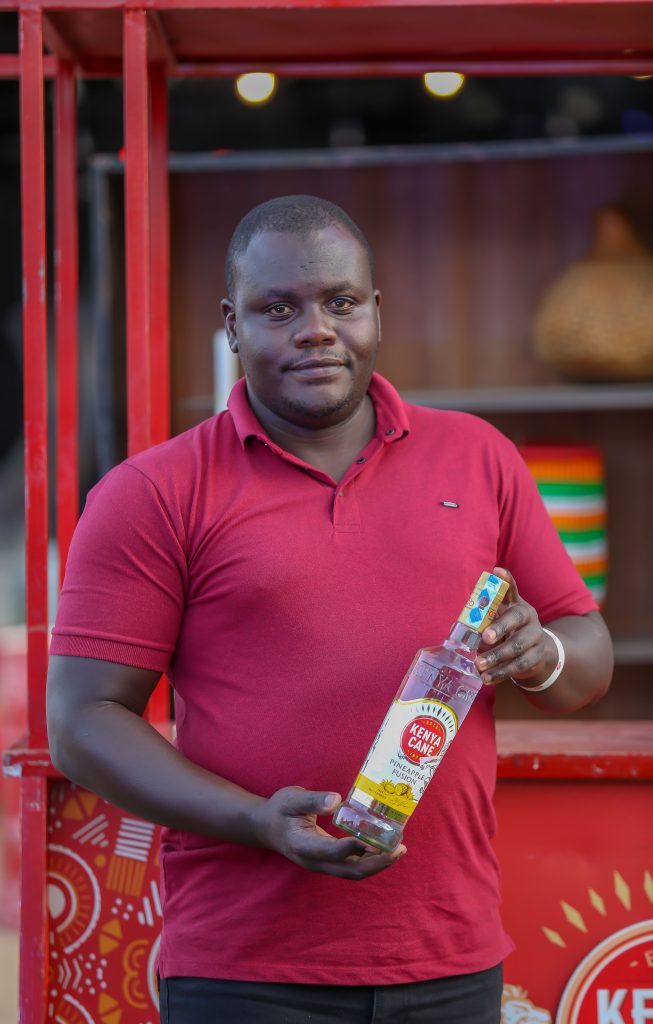
Davis Changalwa- Brand Manager, Kenya Cane
- How Kenyan Brands Can Thrive Through Local Talent, Sustainability, and Giving Back;
By Davis Changalwa,
For Kenyan brands, sustainability is key to survival.As the market prioritizes conscious consumerism and global sustainability goals, they must offer more than just a product.
A Mastercard survey shows 92% of Kenyans support sustainability, and 84% expect businesses to do more for the environment. 52% of Kenyans plan to give more value to brands that act in a responsible, transparent and honest way. This presents an opportunity for brands to prioritize sustainability, encompassing environmental stewardship, social equity, and economic viability, to protect resources, empower communities, and drive growth.

One way for Kenyan brands to achieve sustainability is prioritizing local talent and resources. Sourcing locally reduces transportation costs and emissions, supports local economies, and generates employment.
Quantifying sustainability’s impact is crucial. Brands can calculate Return on Investment (ROI), including cost savings from reduced energy consumption and waste reduction.
For example,energy-efficient systems lower utility bills, and waste reduction programs decrease disposal costs. Studies show sustainable products grow faster.

Companies with strong Environmental, Social, and Governance (ESG) ratings also tend to have better stock performance.
Several Kenyan brands demonstrate the power of local partnerships. For instance, Soko connects Kenyan artisans directly with global consumers through a mobile phone marketplace, eliminating intermediaries and significantly increasing artisan incomes. Katush utilizes eco-conscious packaging crafted by local artisans, while Vivienne Westwood collaborates with Kenyan artisans through the UN’s Ethical Fashion Initiative to source handcrafted accessories.
Kenya Cane exemplifies this by championing Kenyan talent, actively supporting local DJs, MCs, and artists at events, providing them with opportunities to earn a living while celebrating Kenyan culture and heritage through Rhumba, Mugithi, and contemporary local hits.
To sustain such efforts, brands should embody the Kenyan spirit beyond incorporating Kenyan colours or symbols.This requires long-term investment in local talent and culture, integration into their value chain, direct community engagement, transparent impact reporting, ensuring authenticity and respect for the community.
 In turn, this approach creates a model for businesses to thrive while empowering their communities.
In turn, this approach creates a model for businesses to thrive while empowering their communities.
The Kenyan spirit also encompasses Harambee, resilience, innovation, and a strong work ethic. Harambee, meaning “pulling together,” embodies collaboration, translating to building strong relationships, fostering community, and working towards shared goals. This is evident through Adele Dejak, an international Kenya-based designer, who showcases Kenyan craftsmanship by using recycled brass, aluminium, and reclaimed leather.
Kenyan brands can further demonstrate their commitment to sustainability by taking proactive steps. This is crucial despite challenges such as a limited local supply chain, which necessitates imports and increases costs. Environmentally, this includes implementing water-efficient technologies to minimize water consumption.
Socially, brands can support education and skills development initiatives by investing in programs that provide education, training, and mentorship opportunities for young Kenyans, promoting gender equality and inclusivity by creating a diverse, equitable, and inclusive workplace as exemplified by Ubuntu Life’s employment of local women.
 Economically, brands can create jobs and economic opportunities in local communities hiring soft skills, partnering with small businesses and entrepreneurs to foster a vibrant and resilient local economy, and promoting financial literacy and access to capital for underserved communities.
Economically, brands can create jobs and economic opportunities in local communities hiring soft skills, partnering with small businesses and entrepreneurs to foster a vibrant and resilient local economy, and promoting financial literacy and access to capital for underserved communities.
Brands must also be transparent about their sustainability efforts and avoid misleading claims, an act termed as “greenwashing,”. They should also seek independent certifications to validate their sustainability practices.
To differentiate themselves, brands can focus on unique aspects of Kenyan culture and heritage, creating products and services that are both sustainable and authentically Kenyan.
Looking ahead, the vision is for a Kenyan business landscape where sustainability, local talent, and cultural heritage are not just buzzwords, but core values that drive innovation, create economic opportunities, and build a more equitable and prosperous society for all Kenyans. Now is the moment for your brand to forge that legacy.
- The Author is the Brand Manager,Kenya Cane







